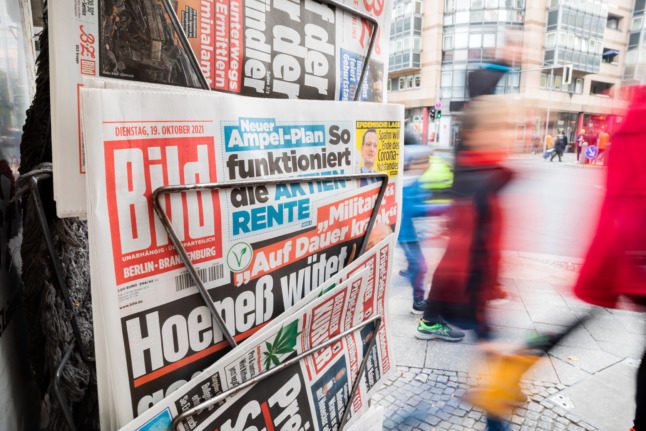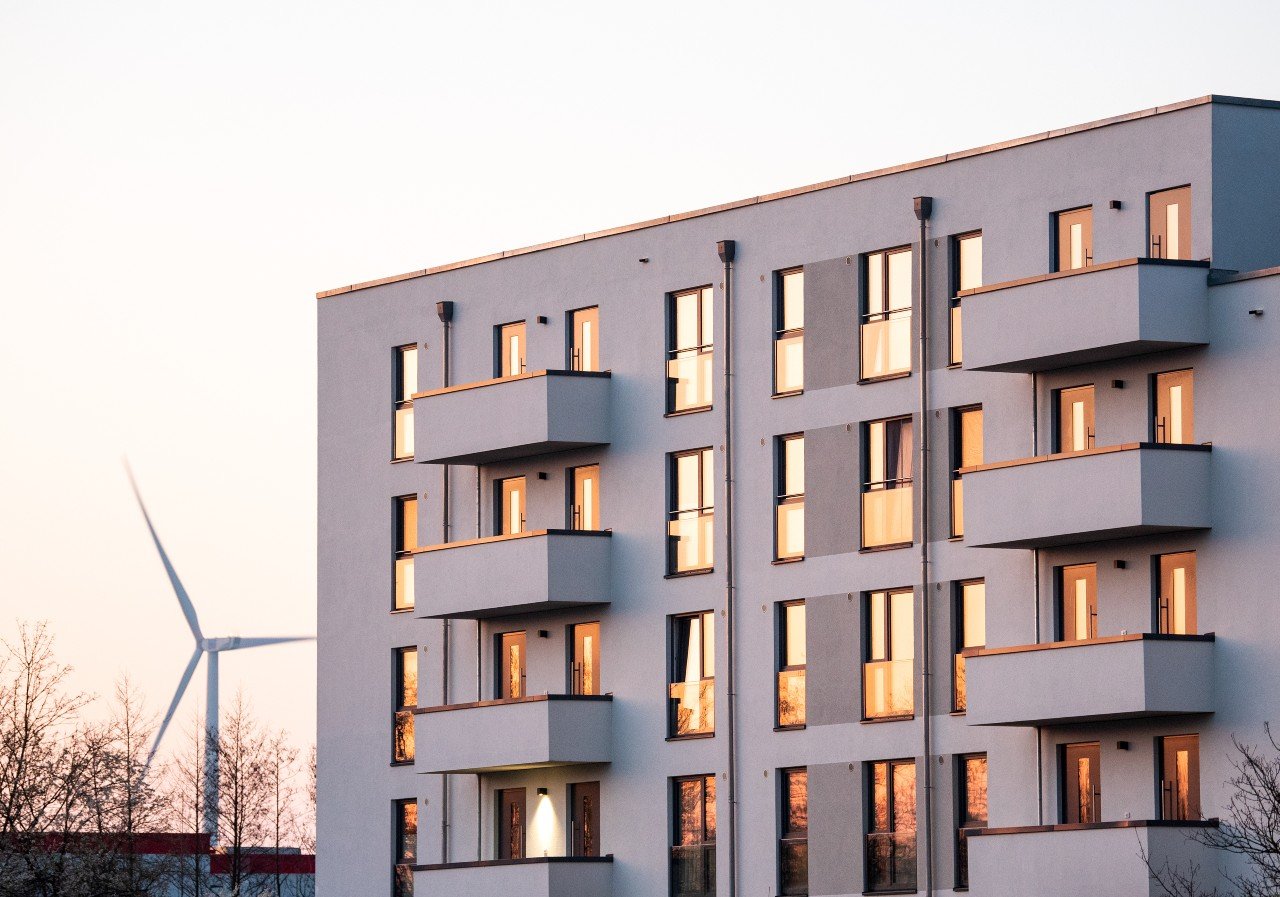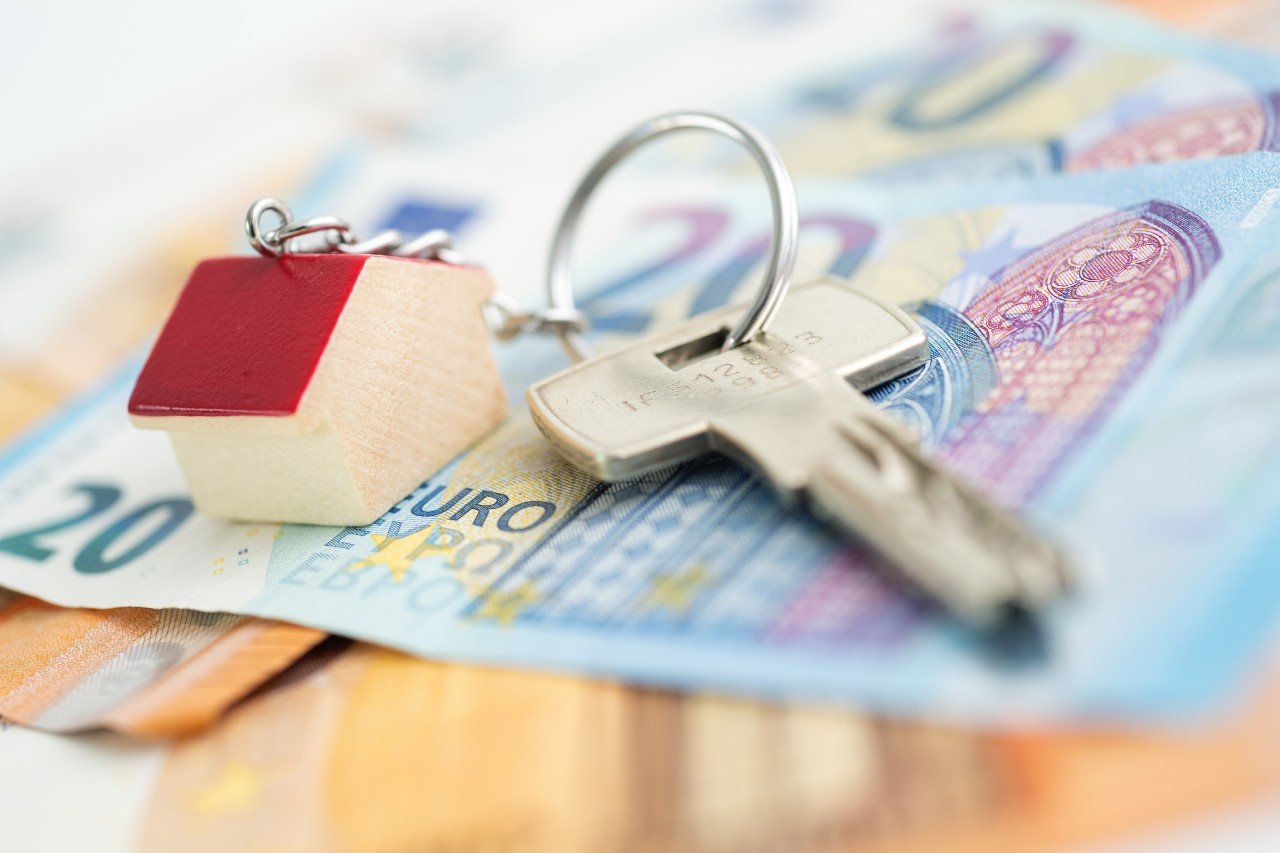Germany’s media landscape has changed drastically over the last century; from being used as a propaganda tool by the Nazis, to being censored and state-controlled in the GDR (East Germany).
However, German media has come a long way: the Basic Law (Grundgesetz) outlines freedom of expression and freedom of the press as a fundamental right and according to the 2021 press freedom ranking by the NGO Reporters Without Borders, Germany comes in at 13th place, making it one of the freest countries for journalists to work.
While the advent of the digital age brought online journalism into the mainstream, the so-called ‘death of the newspaper’ seems to be not as severe in Germany compared to other Western nations, with many Germans (56 percent) choosing to read the printed press over online formats, and German newspapers pulling in 38 million readers.
However, many print online publications now have large online presence as well as a print product. Increasingly, newspapers in Germany are also turning to subscription-based models.
The majority of adults in Germany claim they trust the media – but what media do they consume? To help you understand and navigate the German press, we have broken down some of the Nachrichtenagenturen (news outlets) in Germany.
There are over 330 daily newspapers in circulation in Germany, as well as 17 weeklies and 1600 mass-market magazines. Germany’s print market is the largest in Europe and the fifth largest in the world. Germany is also characterised by its regional press landscape – people from Berlin tend to read newspapers from Berlin, people from Frankfurt tend to read newspapers from Frankfurt, and so on. Even national newspapers have regional sections to make them more attractive to their readers.

Conservative
Axel Springer SE, the largest publishing house in Germany, and Europe overall, publishes a number of newspapers since its founding in 1946. Politically conservative, its journalists support a free market economy, are pro-Europe and pro-Israel. But the brand has come under fire for neglecting journalistic and workplace ethics.
The wider Axel Springer publishers were targeted by a number of left-wing groups in the 1960s and 1970s, notably by the Red Army Faction.
READ ALSO: Three gunshots 50 years ago that led to revolt on the streets of Germany
Bild
Springer’s most widely read daily newspaper is the Boulevardzeitung (tabloid), Die BILD. It has an enormous reach of over 7.9 million readers, controlling the largest share of the overall market (23.6 percent) and dominating the tabloid market (79 percent), making it a key political player in Germany.
It is written clearly and known for its bright images and use of sensationalism and inflammatory language, particularly in its regular reporting of scandals, crimes and celebrities. Often compared to The Sun, Rupert Murdoch’s British tabloid, readers mainly come from lower and middle income groups.
Die Welt
Die Welt (The World) is Springer’s other major newspaper. It is seen as the ‘serious’ alternative to Die BILD and offers an extensive business section. The language is still relatively easy to understand and, fitting with its parent company, is conservative leaning.
Liberal
Süddeutsche Zeitung (SZ)
The Süddeutsche Zeitung (SZ) based in Munich is centre-left on the spectrum and the second most widely read paper in Germany after BILD. It is the flagship of a socially liberal and culturally interested middle class and advocates for a social market economy.
On Mondays the paper includes articles from the New York Times and on Fridays the SZ-Magazin showcases younger cultural journalism and ties in pop culture.
Die Tageszeitung (taz)
Berlin’s taz is a left-wing daily newspaper owned by a cooperative, something that is unique in the German media landscape. This allows the newspaper to continue to be independent.
It is specifically green-left and critical of the system, having been founded in 1878 as an alternative to mainstream newspapers. The newspaper is currently women-led, with two co-editors-in-chief and a deputy.
Die Zeit
First published in 1946, Die Zeit (The Times) is one of the oldest and most popular weekly newspapers and holds centre-left views. It is known for more longform content and in-depth analysis and an exemplar of Germany’s high-brow journalism.

Der Spiegel
Der Spiegel (The Mirror) is a left-liberal leaning weekly political magazine based in Hamburg that focuses on investigative journalism, known for uncovering a number of political affairs and scandals.
It is not to be confused with Der Tagesspiegel (The Daily Mirror), a daily regional newspaper based in Berlin that is liberal and more centrist.
Neues Deutschland (nd)
The nd is a national daily newspaper with a readership focus on East Germany, being the main newspaper of the former SED party. It sees itself as a socialist newspaper and is the most left-leaning of Germany’s mainstream papers. The nd targets not only old eastern leftists but a general left audience and is backed by Die Linke (The Left Party).
Business
Frankfurter Allgemeine Zeitung (FAZ)
Those with a special interest in business and economics tend to read the Frankfurter Allgemeine Zeitung (FAZ), though the paper also features foreign policy and culture sections. Its political leaning is centre-right to conservative.
Der Handelsblatt
Based in Düsseldorf, the Handelsblatt is another daily newspaper with a business focus. The paper reports mainly on companies and financial markets, as well as politics and technology. Its political leanings are economically liberal.
Online
The most visited online news sources in 2019 were Spiegel online, t-online, Focus online, Bilde.de and Web.de – all of which are online versions of traditional newspapers.
Many people belonging to Germany’s English speaking population, of course, turn to The Local Germany.
TV
Television is by far the most widely used and widespread media in Germany. The two main news channels, ARD and ZDF (Zweiten Deutschen Fernsehen) take a neutral stance on issues.
Like TV licensing fees in the UK, residents in Germany help fund these channels, as well as Deutschlandradio, through the so-called Rundfunkbeitrag (broadcasting contribution).
Each household in Germany has to pay €18 a month, with a few exceptions. This contribution accounts for the largest part of the €7.7 billion budget of the public broadcasters, the highest of any non-commercial media company in the world.
ARD’s foreign broadcasting service, Deutsche Welle (DW) is also independent of government influence, though it is financed by taxpayers’ money rather than by broadcasting fees.
EXPLAINED: How to pay Germany’s TV tax (or legally avoid it)







 Please whitelist us to continue reading.
Please whitelist us to continue reading.
56% still read print! Why am I not surprised. I’ve lived here 7 years and I’m still trying to get used to living in the 70’s